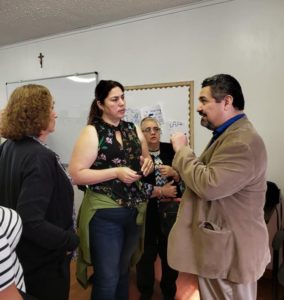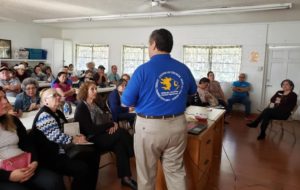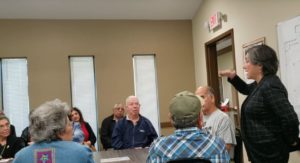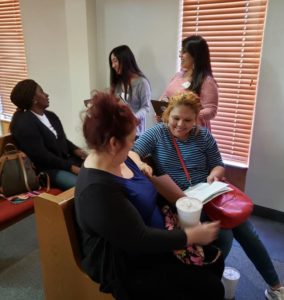Homestead Exemption?
check out these programs and look out for future events facebook and My City Is My Home Email Updates
Understanding Your Property's Value for a Secure Future
Is your property tax bill rising? Has someone approached you with a cash offer for your home? You’re not alone.
Many low-income homeowners face these challenges, often feeling confused and vulnerable.
That’s where HECHOs “Knowing Your Numbers” program comes in. We empower you with the knowledge to understand your property’s true value and make informed decisions about your future.
Our partners and volunteers can help you find the value of your home with NO PRESSURE TO SELL and inform you on:
– Key factors that influence your home’s value: Location, condition, market trends, and more.
– The pitfalls of lowball offers: Understand tactics used by investors and learn how to protect yourself.
– Why using a real estate agent is crucial: Get expert guidance for accurate valuations and strong negotiation.
– Strategies to improve your home’s value: Learn simple maintenance tips and renovation ideas that can make a big difference.
Knowing your numbers is about more than just a price tag. It’s about peace of mind, financial security, and the power to choose what’s best for you and your family.
Join us for “Knowing Your Numbers” and take control of your home’s future.
Don’t wait until someone else decides your value. You hold the power!

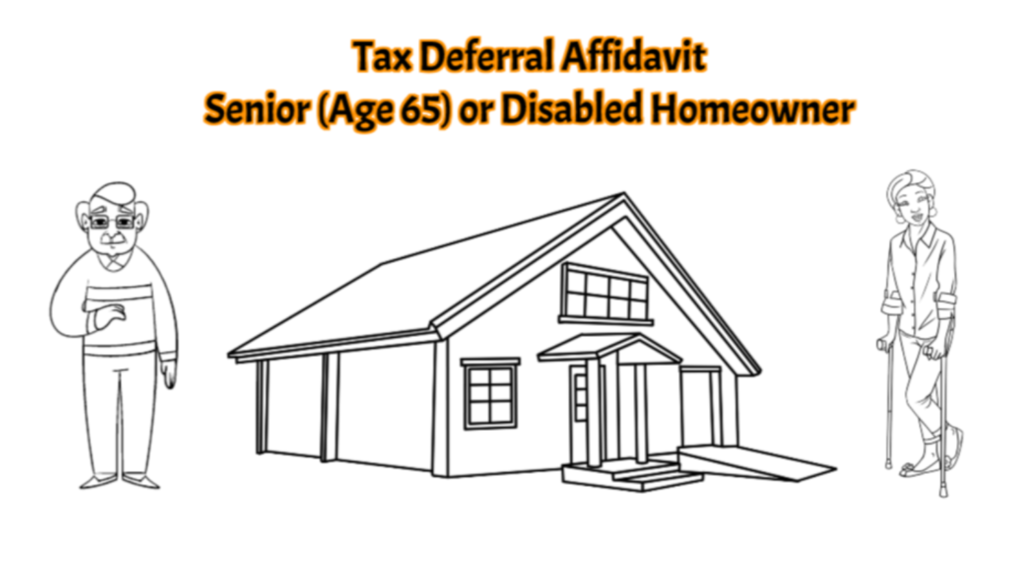
Texans may postpone paying current and delinquent property taxes on their homes by signing a tax deferral affidavit at the County Appraisal District office if they are:
• age 65 or older;
• disabled as defined by law
• qualified disabled veterans, their unmarried surviving spouses
Once the affidavit is on file, taxes are deferred — but not cancelled — as long as the owner continues to own and live in the home. Taxes accumulate with 5 percent interest per year. The law extends the tax deferral to the surviving spouse of the person who deferred taxes on the homestead if the surviving spouse was at least 55 years old when the deceased spouse died.
A filed tax deferral affidavit keeps homeowners from losing their homesteads because of delinquent property taxes. A pending sale to foreclose on the homestead’s tax lien will also cease as a result of filing a tax deferral affidavit. In addition, no taxing unit can start or continue a lawsuit to collect delinquent taxes once an affidavit is filed. There are no penalties on delinquent taxes during the deferral period; however, a tax deferral does not cancel penalties that were already due.
All deferred taxes and interest become due when the homeowner or surviving spouse no longer own and live in the home. If the tax debt remains unpaid at that time, penalties may be imposed and taxing units may take legal action to collect the past due amount.

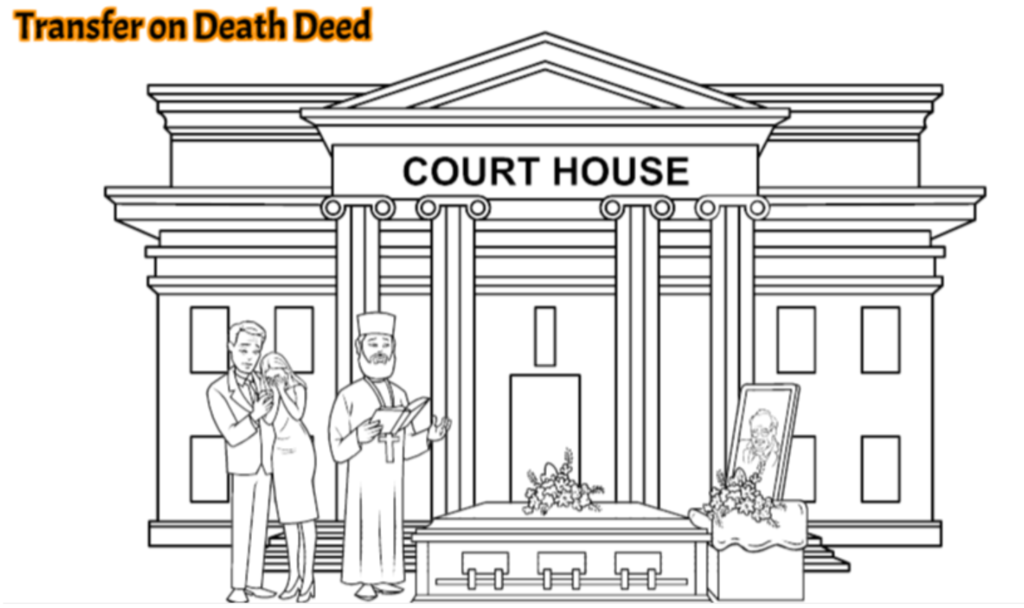
We are not lawyers, please seek the legal advice of an attorney before making a transfer on death deed.
What is a Transfer On Death Deed?
You may want to use a transfer on death when you own real estate, such as a house or land, and you want to give that property to someone else when you die. It does not involve going through probate court, which is what happens when you have a “will,” which can be a long and expensive process.
A transfer on death deed does not affect any of your property rights during your lifetime. It only takes effect after its death.
– The designated beneficiary has no legal right to the property until death.
• A deed of transfer on death trumps a will.
A transfer by death deed does not protect the property from the claims of creditors.
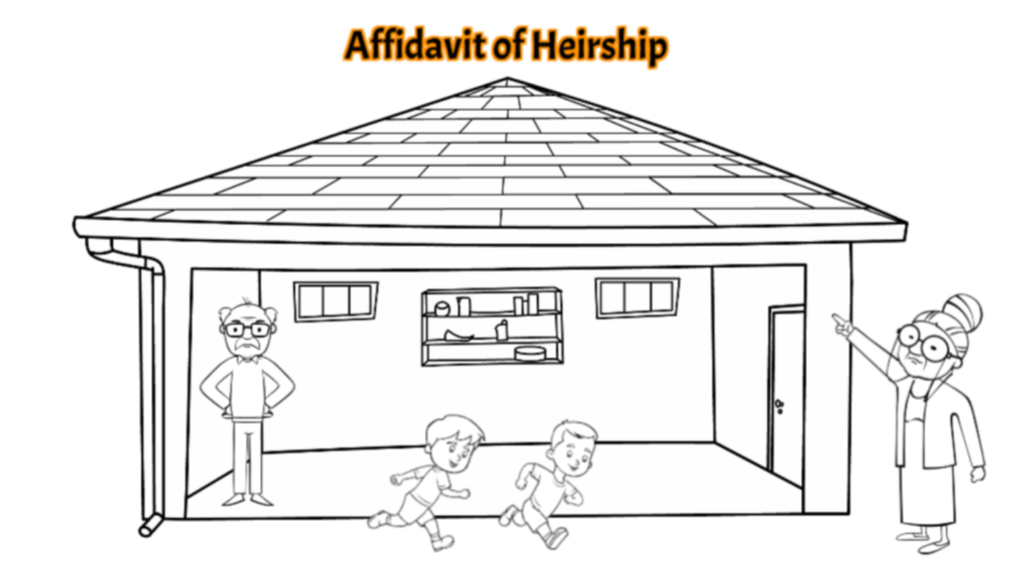
An affidavit of heirship can be used when someone dies without a will, and the estate consists mostly of real property titled in the deceased’s name. It is used to identify the heirs to real property when the deceased died without a will. Or did leave a will, but the will was not probated (that is, did not go through the proper legal process) within four years of the deceased’s death.
An affidavit of heirship must be signed and sworn to before a notary public by a person who knew the decedent and the decedent’s family history. This person can be a friend of the decedent, an old friend of the family, or a neighbor, for example. If you cannot find an unrelated person, then a family member who will not benefit financially from the filing of the affidavit of heirship may sign. You need to find two people who knew the deceased, because each person needs to sign an affidavit of heirship.








